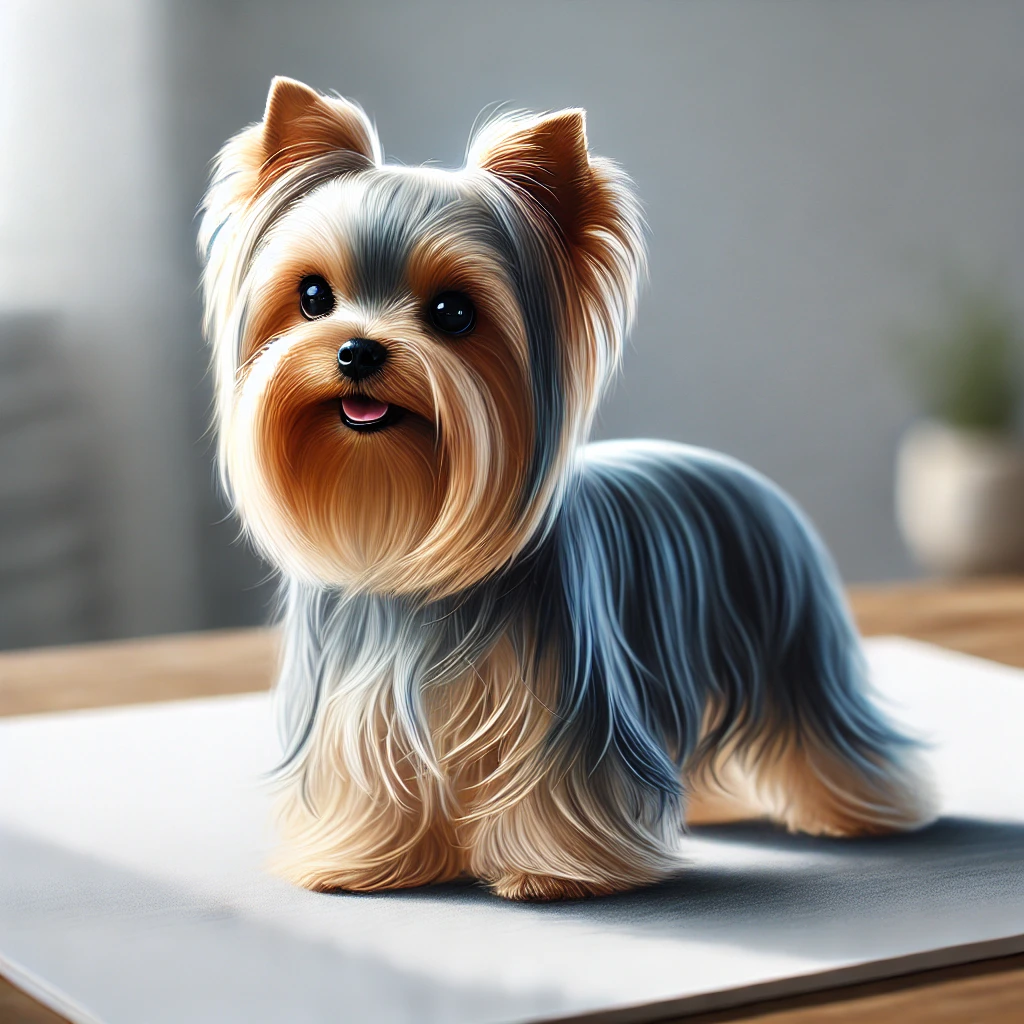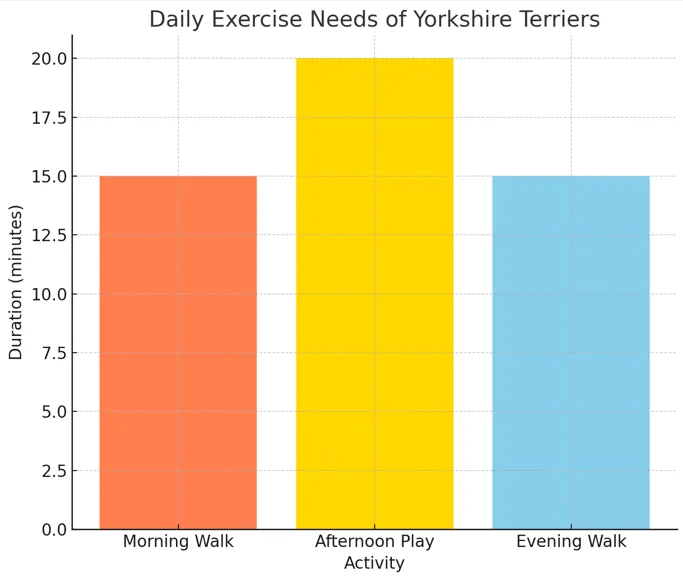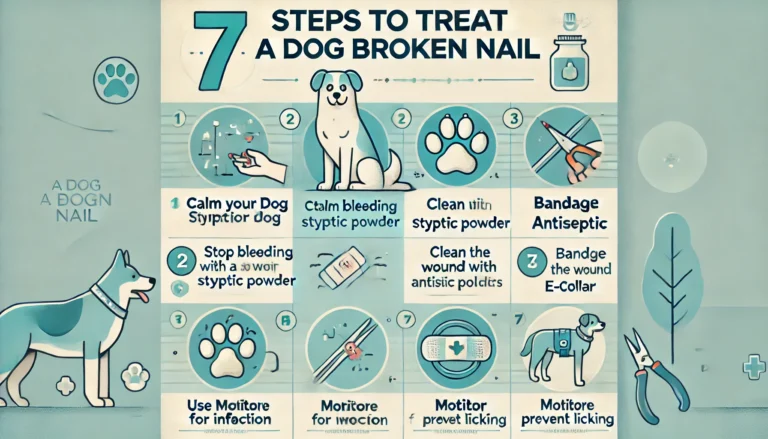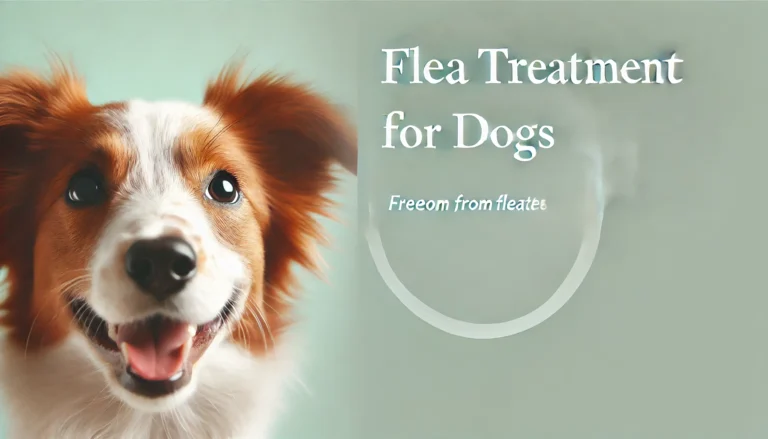yorkshire terrier (yorkie): health and care

Yorkshire Terriers, often known simply as Yorkies, are a treasure within the toy dog breed category, known for their vibrant personality and elegant appearance. This comprehensive guide will delve into all aspects of caring for a Yorkshire, ensuring your furry friend enjoys a healthy, joyful life.
Understanding Your Yorkshire Terrier
Characteristics of a Yorkshire Terrier:
| Characteristic | Detail |
|---|---|
| Size | Typically 7-8 inches at the shoulder |
| Weight | Generally weighs between 4 to 7 pounds |
| Coat | Long, silky, and fine; requires regular grooming |
| Color | Commonly blue and tan, also black and gold |
| Lifespan | 12 to 15 years, with proper care |
| Temperament | Energetic, bold, intelligent, affectionate |
| Social Behavior | Friendly but can be wary of strangers; loves attention |
| Activity Level | High; requires daily exercise and interaction |
| Training | Highly trainable but can be stubborn; responds well to positive reinforcement |
| Health Concerns | Prone to dental issues, hypoglycemia, luxating patella, and Legg-Calve-Perthes disease |
| Dietary Needs | High-quality dog food appropriate to age, size, and activity level |
| Grooming Needs | Daily brushing; regular bathing; frequent nail trimming and ear cleaning |
| Ideal Environment | Adapts well to apartment living; needs a safe, comfortable space |
| Good with Children | Better with older children due to their small size and fragility |
| Barking Tendency | High; tends to bark at unfamiliar sounds and intruders |
Comprehensive Health Overview of the Yorkshire Terrier
Yorkies are hearty little companions with specific health considerations that need to be managed proactively.
Common Health Issues in Yorkshire Terriers
- Dental Problems: They often face dental issues due to their small jaw, leading to tooth crowding.
- Hypoglycemia: This breed can suffer from low blood sugar, a concern especially significant in terrier puppies.
- Legg-Calve-Perthes Disease and Luxating Patella: These conditions affect the hip joints and knees, respectively, common in small breeds.
- Teacup Yorkie Health Problems: Smaller “teacup” varieties can have additional health issues, including fragility and more frequent hypoglycemic episodes.
- Life Span of Yorkshire Terriers: Lifespan typically ranges from 12 to 15 years, with proper care extending those golden years.
Diet and Nutrition: Feeding Your Yorkshire Terrier
Proper nutrition is vital for maintaining the health of your Yorkshire Terrier, from puppyhood through their senior years.
Ideal Diet for a Yorkshire Terrier
- Puppy Diet: High-calorie, nutrient-rich puppy foods are crucial for their growth.
- Adult Diet: Transition to a high-quality adult dog food to maintain optimal health.
- Senior Diet: Less calorie-dense food helps manage weight as their metabolism slows.

Do you know?
Dogs eat their own or others poop is one of the most alarming issues related to dogs health. A loyal dog owner should know the reasons behind this weird act as well as how to tackle it.
Exercise and Play: Keeping Your Yorkshire Terrier Active
Despite their small size, Yorkshire Terriers possess a bounty of energy that needs to be channeled through regular exercise and play.
Exercise Needs of a Yorkshire Terrier
- Daily Walks: Short, daily walks are crucial for their physical health and mental stimulation.
- Playtime: Interactive play helps maintain their sharp minds and satisfies their natural terrier instincts.

Grooming Your Yorkshire Terrier
Grooming is not just about keeping your Yorkshire Terrier looking good—it’s essential for their health.
Regular Grooming Schedule
- Brushing: Daily brushing helps prevent tangles in their fine coat.
- Bathing: Monthly baths with a gentle shampoo to keep their skin and coat healthy.
- Nail Trimming and Ear Care: Regular maintenance to prevent discomfort and health issues.
Training and Socialization
Training a Yorkshire Terrier requires patience and consistency, given their smart yet occasionally stubborn nature.
Key Training Strategies
- Obedience Training: Essential from an early age to instill good habits.
- Socialization: Exposure to various environments and people reduces anxiety and fosters a well-adjusted temperament.
Regular Veterinary Care
Regular check-ups with a veterinarian will help catch and manage potential health issues before they become serious.
Health Monitoring for Yorkshire Terriers
- Routine Vet Visits: Annual check-ups are crucial, with more frequent visits for puppies and senior dogs.
- Vaccinations and Preventative Medicine: Keeping up with a regular vaccination schedule protects against common diseases.
Conclusion: Ensuring a Healthy Life for Your Yorkshire Terrier
Caring for a Yorkshire Terrier is a rewarding experience that requires a dedicated approach to health and care. By understanding the specific needs of the breed and providing love and attention, you can ensure your Yorkie lives a full and vibrant life.
Is Yorkie a good family dog?
Yes, Yorkies can be great family dogs. They are affectionate and form strong bonds with their family members. However, they’re best suited to families with older children who know how to handle small, delicate dogs carefully.
Are Yorkshire Terriers expensive?
Yes, Yorkshire Terriers can be expensive. The cost of a Yorkie puppy from a reputable breeder can range significantly, often between $1,000 to $3,000, depending on lineage and location. Additionally, their ongoing care, including grooming, health check-ups, and potential health issues, can add to the overall expense.
Do Yorkshire Terriers bark a lot?
Yes, Yorkshire Terriers tend to bark a lot. They are naturally vocal dogs who will bark to alert their owners of anything unusual, making them excellent watchdogs. Training and socialization can help manage excessive barking.
Do Yorkshire Terriers shed hair?
Yorkshire Terriers are considered to be low shedders due to their hair-like coat which grows continuously. They are often recommended for people with allergies as they shed much less than other breeds.
Are Yorkies high maintenance?
Yes, Yorkies are high maintenance in terms of grooming needs. Their long, silky hair requires regular brushing to prevent tangles and mats, and they need routine grooming sessions. Additionally, they require a good deal of attention and interaction.
Do Yorkshire Terriers smell?
No, Yorkshire Terriers do not typically have a strong odor. Any bad smell is usually a sign of poor grooming or an underlying health issue that needs addressing.
Can I bathe my Yorkie every day?
No, it’s not recommended to bathe a Yorkie every day as frequent baths can strip their coat of natural oils and lead to skin irritation. A monthly bath or bathing when necessary is sufficient unless advised otherwise by a veterinarian.
What smell do Yorkies hate?
Like many dogs, Yorkies often dislike strong citrus scents, as well as vinegar, chili, and ammonia. These can be used as natural deterrents but should be used cautiously as they can irritate your dog’s senses.
Are Yorkshire Terriers intelligent?
Yes, Yorkshire Terriers are quite intelligent. They are quick learners and can perform well in obedience and agility training when motivated by praise or treats.
What is the main cause of death of Yorkies?
The main causes of death in Yorkshire Terriers are typically health-related issues such as collapsed trachea, cancer, and congenital disease. Proper care, regular vet visits, and a healthy environment can help prevent some of these issues.
Why are Yorkies so special?
Yorkies are special because of their unique blend of toy and terrier traits. Despite their small size, they are bold, confident, and energetic, with a loving and affectionate nature that makes them charming companions.
What not to do to a Yorkie?
Do not neglect their grooming needs, as their coat requires regular maintenance. Avoid rough handling, as Yorkies are very delicate. Also, do not skip regular veterinary check-ups, as Yorkies are prone to certain health issues that need early intervention. Finally, avoid feeding them toxic foods like chocolate or xylitol and keep them away from large dogs without proper introduction and supervision.






